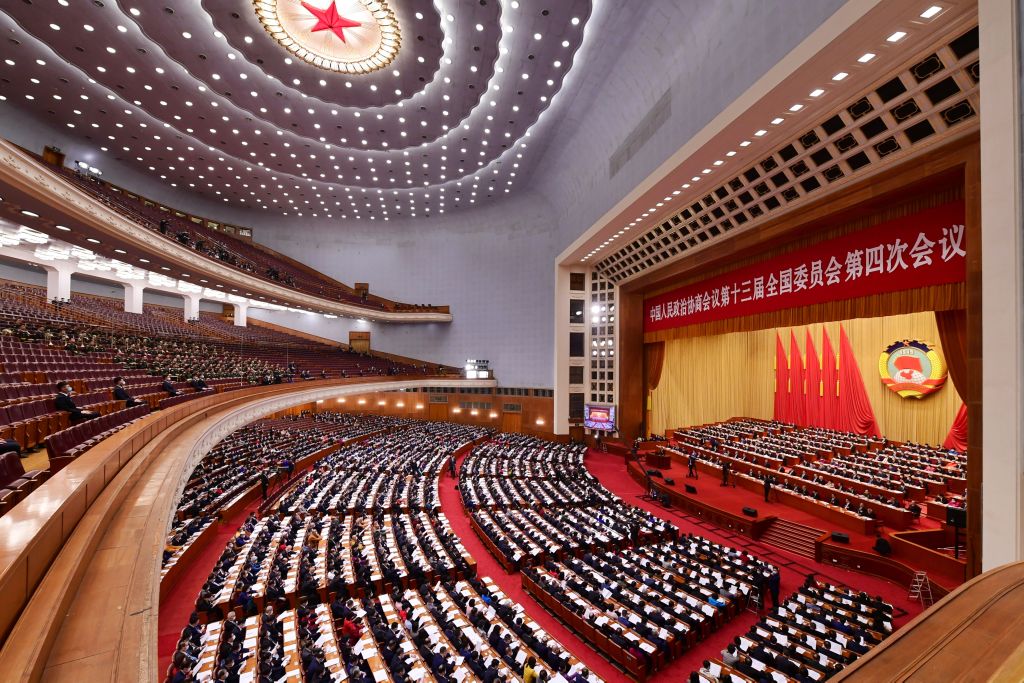In the ever-evolving world of artificial intelligence, the launch of new models often brings both excitement and concern. Recently, Kuaishou, a prominent Beijing-based company, unveiled its latest creation, Klinga video-generating AI model. While this innovation has piqued interest globally, a significant caveat shadows its release: it appears to enforce stringent censorship on politically sensitive topics. This raises crucial questions about the implications of censorship in AI development and its broader impact on society.
Navigating the Launch of Kling
Kling has made headlines due to its robust capabilities. The model generates visually captivating five-second videos based on user prompts, showcasing remarkable realism with 720p outputs. From simulating the gentle movement of leaves to the gentle flow of a stream, Kling displays a level of finesse similar to that of AI giants like OpenAI’s Sora and Runway’s Gen-3.
However, the underlying operational constraints cannot be overlooked. Users eager to explore Klings potential may encounter surprise roadblocks when generating content related to politically sensitive subjects. For instance, prompts that mention Democracy in China or even hint at significant historical events like the Tiananmen Square protests trigger generic error messages, leaving users with little insight into the limitations imposed by the model.
The Impacts of Censorship
The filtering mechanism integral to Kling appears to operate primarily at the prompt level, allowing for the creation of videos that, while visually appealing, exist in a vacuous political context. Interestingly, a portrait of Xi Jinping can be animated as long as the prompt circumvents direct mention of his name (e.g., This man giving a speech). This soft-shielding approach reflects a nuanced strategy of evading censorship while adhering to governmental mandates.
Such filtering is not an isolated incident; a comprehensive study by the Financial Times indicates that the Cyberspace Administration of China (CAC) is actively evaluating AI models for compliance with stringent political regulations. Such directives necessitate that AI responses align with “core socialist values,” creating an environment where critical discourse is effectively stifled. As a result, the models are emerging with built-in ideological guardrailsan endeavor that could hamper genuine innovation.
The Ripple Effects on AI Development
As AI models like Kling adapt to this environment, we are witnessing the development of two distinctly categorized AI products: those meticulously filtered and constrained by political oversight and those that march to a different beatpotentially more liberated but at a heightened risk of operational consequences. For the AI community, this bifurcation poses significant dilemmas. Will models restricted by excessive censorship remain relevant and competitive in a global landscape that thrives on innovation and open dialogue?
- Innovation Stagnation: The intense filtering process could inhibit creativity, leading to homogeneity in AI outputs.
- Global Disconnection: Domestic regulations may alienate Chinese AI from the global market, affecting international collaborations and knowledge exchange.
- Public Perception: Users may grow skeptical, questioning the value and credibility of AI systems that appear overly restricted.
Conclusion: The Need for Balance
The implications of Kuaishou’s Kling model extend far beyond mere video production; they reflect broader societal challenges related to censorship and free expression. While governments possess valid motivations for oversight, a balance must be struck between regulation and innovation. The risk is that vigorous regulatory frameworks might inadvertently stifle the very creativity that fuels the growth of AI technologies.
As we continue to explore this fascinating intersection of technology and politics, one thing is clear: the future of AI, particularly in countries with stringent laws like China, necessitates careful consideration not only of technological advancements but also of the ethical frameworks within which these systems operate.
At fxis.ai, we believe that such advancements are crucial for the future of AI, as they enable more comprehensive and effective solutions. Our team is continually exploring new methodologies to push the envelope in artificial intelligence, ensuring that our clients benefit from the latest technological innovations.
For more insights, updates, or to collaborate on AI development projects, stay connected with fxis.ai.

